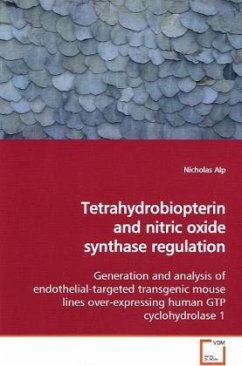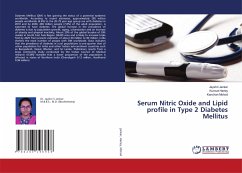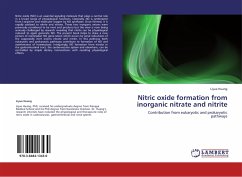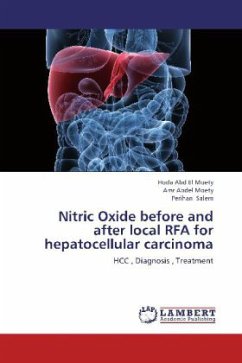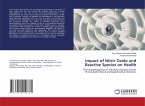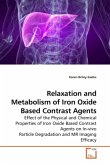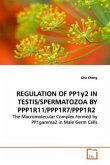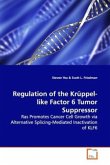Nitric oxide (NO) produced by endothelial nitric
oxide synthase (eNOS) is a key mediator of vascular
homeostasis. eNOS enzymatic activity appears to be
determined by the availability of its cofactor
tetrahydrobiopterin (BH4). BH4 bioavailability is
limited by oxidative degradation in dysfunctional
endothelium, and by alterations in the rate of its
biosynthesis, governed by the rate-limiting enzyme
GTP cyclohydrolase 1 (GTPCH). In this project novel
targeted transgenic mouse lines were generated with
endothelial-specific over-expression of human GTPCH.
These studies have shown that BH4 bioavailability
within the endothelium is essential for maintaining
NO synthesis and reducing superoxide production by
eNOS in vivo. Modest persistent increases in
endothelial cell BH4 concentration by increased
biosynthesis are sufficient to maintain NO
bioavailability and endothelial function, even in the
setting of vascular oxidative stress. These findings
suggest that strategies to augment endothelial BH4
levels, either by increased biosynthesis or by
reducing BH4 oxidation, may be valuable in preventing
and treating vascular disease.
oxide synthase (eNOS) is a key mediator of vascular
homeostasis. eNOS enzymatic activity appears to be
determined by the availability of its cofactor
tetrahydrobiopterin (BH4). BH4 bioavailability is
limited by oxidative degradation in dysfunctional
endothelium, and by alterations in the rate of its
biosynthesis, governed by the rate-limiting enzyme
GTP cyclohydrolase 1 (GTPCH). In this project novel
targeted transgenic mouse lines were generated with
endothelial-specific over-expression of human GTPCH.
These studies have shown that BH4 bioavailability
within the endothelium is essential for maintaining
NO synthesis and reducing superoxide production by
eNOS in vivo. Modest persistent increases in
endothelial cell BH4 concentration by increased
biosynthesis are sufficient to maintain NO
bioavailability and endothelial function, even in the
setting of vascular oxidative stress. These findings
suggest that strategies to augment endothelial BH4
levels, either by increased biosynthesis or by
reducing BH4 oxidation, may be valuable in preventing
and treating vascular disease.

